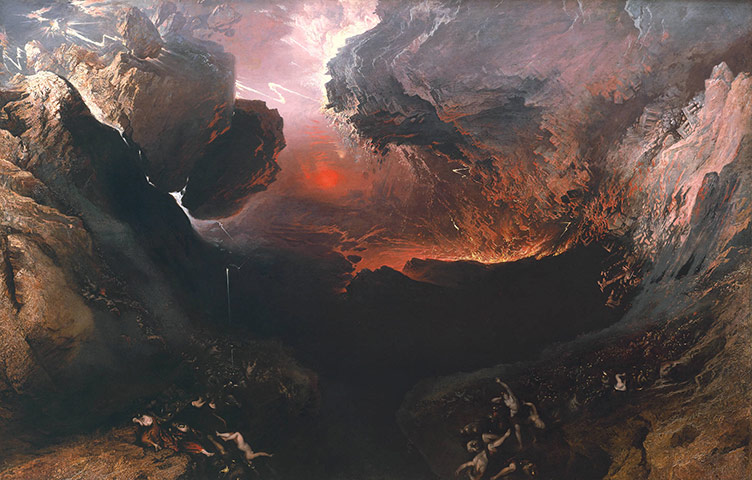Weird Council: An International Conference on the Writing of China Miéville
Saturday 15th September 2012
School of Arts, Birkbeck, University of London
Sponsored by Gylphi: Arts and Humanities Publisher, Birkbeck, University of London and the University of Lincoln
Part of the Gylphi Contemporary Writers series
Keynote Speakers:
Professor Sherryl Vint (Brock University)
Professor Roger Luckhurst (Birkbeck, University of London)
Response and Q&A from China Miéville
Papers are invited for the first academic conference dedicated to the work of China Miéville. The winner of multiple awards, Miéville has developed a distinguished body of fictional work since the publication of his first novel, King Rat, in 1999. In addition to nine published novels (with his next forthcoming in May 2012) as well as a collection of short stories, Miéville is also a respected literary critic, political activist and legal scholar. His post-Suvinian working through of the “Fantastic” as a generic category encompassing SF, fantasy and the Gothic, as well as avant-garde traditions such as Surrealism, has been influential in cutting across received boundaries of genre. Miéville’s monograph Between Equal Rights: A Marxist Theory of International Law was published in 2005 and he has written and edited articles for a variety of journals; from Historical Materialism and the philosophical journal Collapse, to the Harvard International Law Journal.
Influenced by, among others, late-nineteenth and early-twentieth-century pulp traditions and New Wave SF – especially the work of M. John Harrison – Miéville has recently been credited as “leading revolutions in fantasy as both a writer and a critic” (in a 2009 special edition of SF journal Extrapolation dedicated to his work). His fiction spans a wide variety of themes, contexts and genre-blurring literary traditions, which metaphorically explores, among other things, the implications of lived cultural, racial and geographical boundaries, collective struggle, and bodily affect.
Despite the critical acclaim of Miéville’s fictions – as well as his prominence as a literary and cultural critic – there is little scholarly work on Miéville’s already substantial oeuvre. The organisers welcome papers on any topic related to Miéville’s writing from any disciplinary position. Topics might include, but are not limited to:
Miéville and his literary contexts – the New Weird, the British SF Boom, London Gothic, steampunk, post-cyberpunk, post-genre fiction, slipstream
utopian and dystopian thinking
class, social mobility, poverty and social inequality
the critique of racism
revolution and the critique of capitalist modernity
spaces of alterity
urban and spatial phantasmagorias
Marxist theory and aesthetics
Metaphor vs. Allegory
teratology and hybridity
noir and crime
gender, sexuality, and feminism
religion and religious cults
posthumanism
Young Adult literature
post-Suvinian SF criticism
political writing and activism
hierarchies of high and low culture
fan subcultures and geek aesthetics
comics and role playing games
affinities with key figures in the British fantastic tradition (e.g. Mervyn Peake and M. John Harrison)
The conference welcomes proposals for individual papers and panels from any discipline and theoretical perspective. Submissions are welcome from both research students and academics. Please send a title and 300 word abstract for a 20 minute paper along with your name, affiliation and 100 word professional biography to mieville@gylphi.co.uk by 1st March 2012.
The conference is organised by Dr Caroline Edwards, Lecturer in English, Department of English, University of Lincoln and Tony Venezia, PhD candidate and tutor, School of Arts, Birkbeck, University of London.
http://ulincoln.academia.edu/CarolineEdwards
The conference is sponsored by Gylphi Arts and Humanities Publisher, the Department of English, University of Lincoln and the School of Arts, Birkbeck, University of London. Selected papers from the conference proceedings will be published as China Miéville: Critical Essays, with a contribution by Miéville, as part of Gylphi’s Contemporary Writers: Critical Essays series (Series Editor: Dr Sarah Dillon). For more information regarding the Series see:
The Miéville conference website will launch in autumn 2011: see the Gylphi website for more details: http://www.gylphi.co.uk/index.php.

